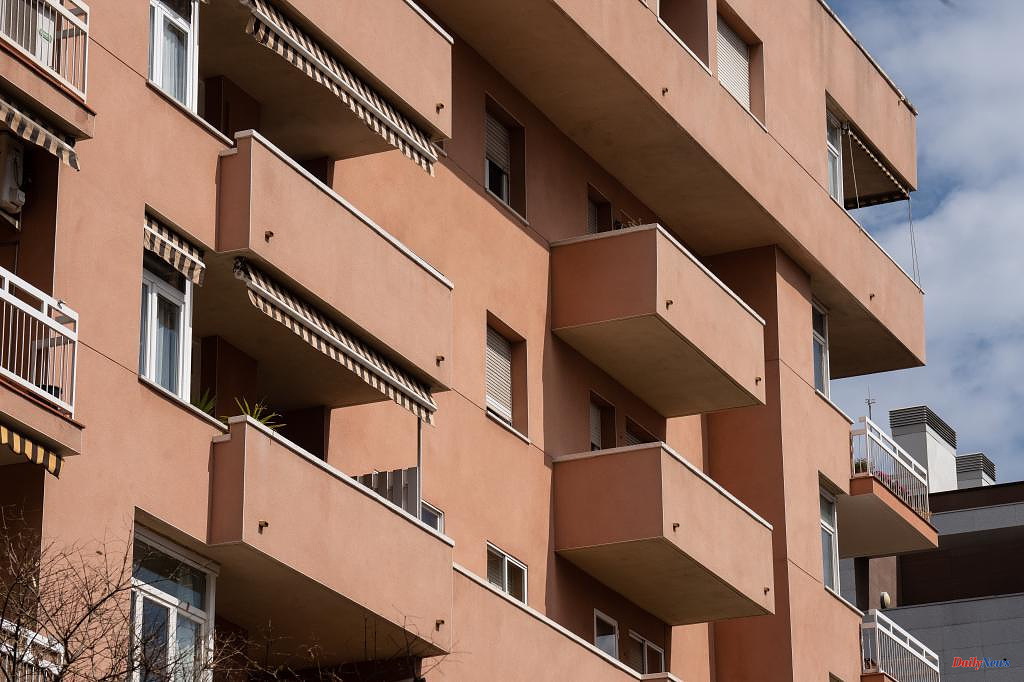The plenary session of Congress approved this Wednesday the new Housing Law in which the regulation of tourist apartments is excluded.
Thus, one of the great laws of the legislature is unblocked, which has been stuck for more than a year in the parliamentary process of its approval in the Council of Ministers due to the lack of agreement with the rest of the groups of the Congress of Deputies.
Below we highlight the main novelties for the housing market that incorporates the new law:
The Housing Law introduces a new permanent cap that will limit the annual increase that an owner can pass on to the tenant at the time of contract review. Now the current situation will be applied with the royal decrees of measures to alleviate the consequences of the war in Ukraine.
Thus, the 2% limit in force, which was approved last December as part of the package of measures, will be applied until the end of the year, while in 2024 it will be 3% and, henceforth, "a new index will be created in these terms, more stable and lower than the evolution of the CPI".
This new index will be prepared by the National Statistics Institute (INE) and will affect all contracts.
The Housing Law also includes conditions to regulate rental contracts in stressed areas.
Thus, the new contracts for small owners will also have to be referenced to the reference index for large holders in stressed areas if the autonomous communities so decide.
In fact, the regional governments will also have the power to reduce the number of homes from ten to five to be considered a large holder.
The new Housing Law also obliges owners to pay exclusively the real estate fees and it will be prohibited for the owner to pass on other expenses such as garbage or community expenses in the rental price to the tenant.
The Housing Law also introduces tax deductions for small owners who rent their houses in stressed areas.
The reduction will reach 90% if the rent is reduced by more than 5% in relation to the previous rent, 70% when it is rented to people between 18 and 35 years of age or to a public administration or non-profit entity, 60% when a rehabilitation action has been carried out in the two previous years and 50% for the rest of the cases.
One of the issues that has been left out of the Housing Law was the regulation of tourist rental apartments.
However, the Minister of Education and spokesperson for the PSOE Electoral Committee, Pilar Alegría, insisted on various occasions in her weekly press conference that the regulation of tourist apartments is a "100% regional" competition.
The norm has raised enormous criticism from the opposition due to a compromise amendment approved last week that modifies the Civil Procedure Law to establish new conditions in the evictions of vulnerable people.
The fifth final provision establishes that eviction demands will not be addressed if the owner does not specify three issues:
In this way, only in the case of a large holder, the property that is the subject of the claim constitutes the "regular residence" of the occupant and the latter is in a situation of economic vulnerability, "claims will not be accepted" in the that it is not proven that the plaintiff "has submitted to the conciliation or mediation procedure" established by the competent authorities in this regard.
With its approval in Congress, the regulation has been sent to the Senate and is expected to see the final green light, by decision of the proponents, before the municipal and regional elections on May 28.
According to the criteria of The Trust Project












